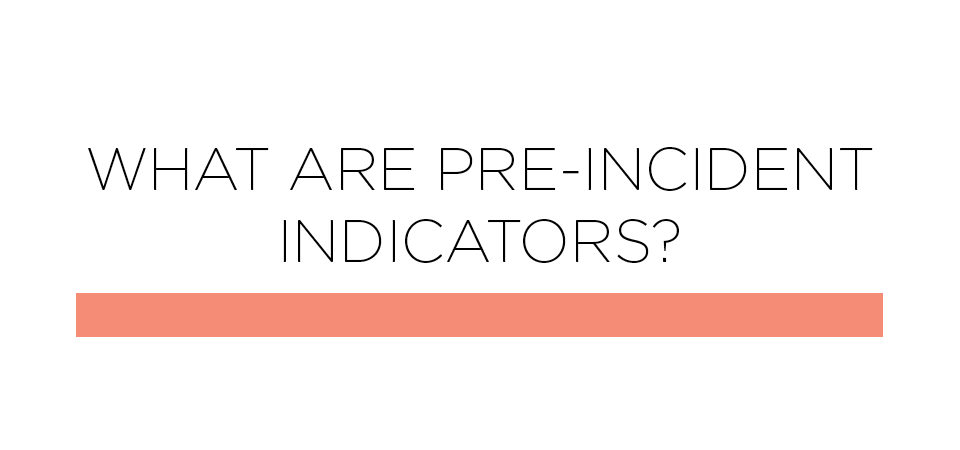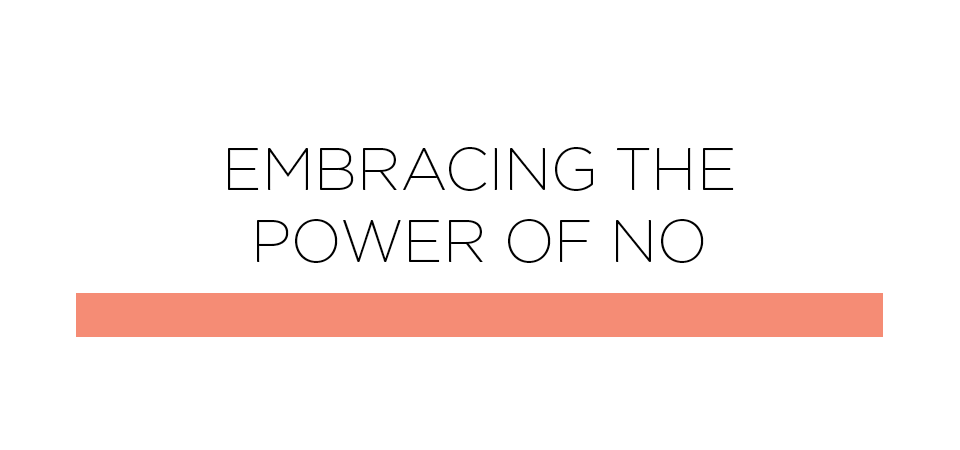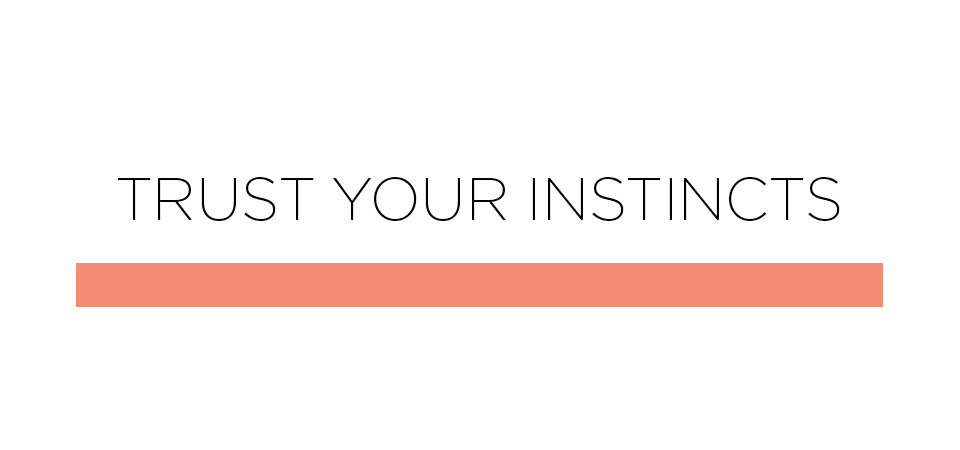A hypothetical for you:
You're waiting for an elevator, and when the doors open you see a man inside who causes you apprehension. Now, you're not normally afraid—it may be the late hour, his size, the way he looks at you, the rate of attacks in the neighborhood, an article you read a year ago—it doesn’t matter why. The point is, you get a feeling of fear. Do you get in the elevator?
I would have.
Whether it's because we don't want to live feeling scared, we don't want to seem rude, or we're simply running late, we can sometimes suppress an inner voice that is telling us something is wrong. But that inner voice of ours is wise and has our best interest at heart.
Gavin de Becker wrote
The Gift of Fear: Survival Signals That Protect Us from Violence in 1997 to honor that voice. And after reading the book a few years ago I will not shut up about it. I recommend it to anyone and everyone because it has truly changed the way I move through the world. The book provides tips for keeping yourself safe and aware. Here are some major takeaways that have stuck with me. But again, if you get a chance, give the book a read.
If you buy something through our links, Career Contessa may earn an affiliate commission.
de Becker—who is a long-time security specialist—used his expertise to find trends in stories of violence. He took these trends and used them to determine seven indicators (events or behaviors) that precede violence, specifically in the workplace, home, school, and other social situations. Not only does de Becker lay out these seven indicators—that apply to men and women—but provides useful scenarios that highlight each one.
- Forced teaming - Using "we" can be a way to trick you into letting your guard down. Because "we're in this together."
- Charm and niceness - Being nice is a decision, and when paired with other indicators, this choice can have ulterior motives.
- Too many details - Unnecessary details can be a sign of trying to add credibility to a lie.
- Typecasting - This can look like an insult designed to rile you up and engage.
- Loan sharking - Giving unsolicited help can be used to provoke reciprocity.
- The unsolicited promise - A big sign that the promise will be broken.
- Discounting the word "no" - An inability to accept rejection.
I want to take the time to say that these indicators aren't designed to make you feel
worried—de Becker even specifies that fear is different than worry or anxiety. Instead, the pre-incident indicators should be used as a way to increase your awareness.
“No is a word that must never be negotiated because the person who chooses not to hear it is trying to control you.” - Gavin de Becker
A scenario de Becker brings up—which hit close to home—centers around a woman bringing in her groceries. To paraphrase, a man approaches her to offer some help. She says "I'm OK, thanks" and the man replies "Oh c'mon, those look heavy." He notices the woman has cat food and brushes past her to pick up the bag. "We've got to get that cat fed."
Not only does the man in this scenario totally ignore her rejection, but he also uses forced teaming as a way to try and ease the woman's apprehension.
No is a complete sentence. Something this book made me keenly aware of is how often I give a 'soft' or 'flimsy' no because I don't want to seem rude. Which is crazy! Say it loud, say it proud: NO. de Becker reminds us that when someone discounts our "no", take notice. This internal checklist on top of being more prepared has made me feel so much more comfortable. I keep my phone handy, I make sure I know where groups of people and exits are, and I remove myself from situations when I don't feel my needs are being respected.
If you're an animal person, have you ever thought "oh, my dog didn't like that person."? de Becker argues that the dog isn't picking up on the stranger's energy, it is picking up on yours! Why are we so much more willing to listen to our animal instincts before our
own?
Ultimately, what this book taught me is how to stand in my intuition. If I have an internal alarm ringing I'm more likely to listen to it. For me, feeling safe now stems from being aware. I'm eternally grateful for this book for helping me become more aware of both what's going on in the world and in my head.














